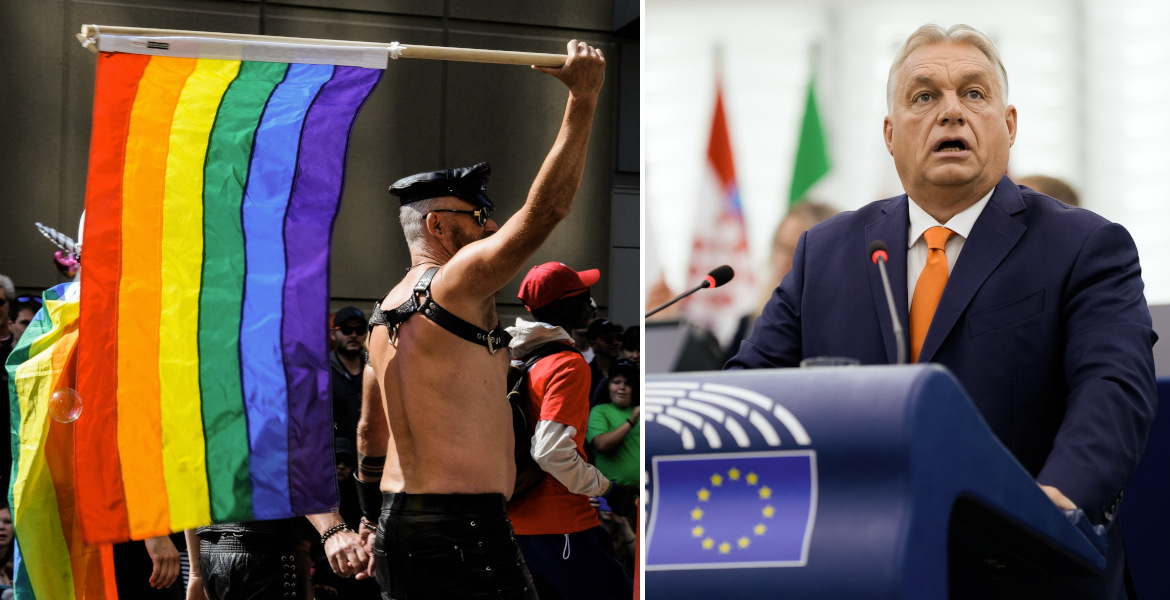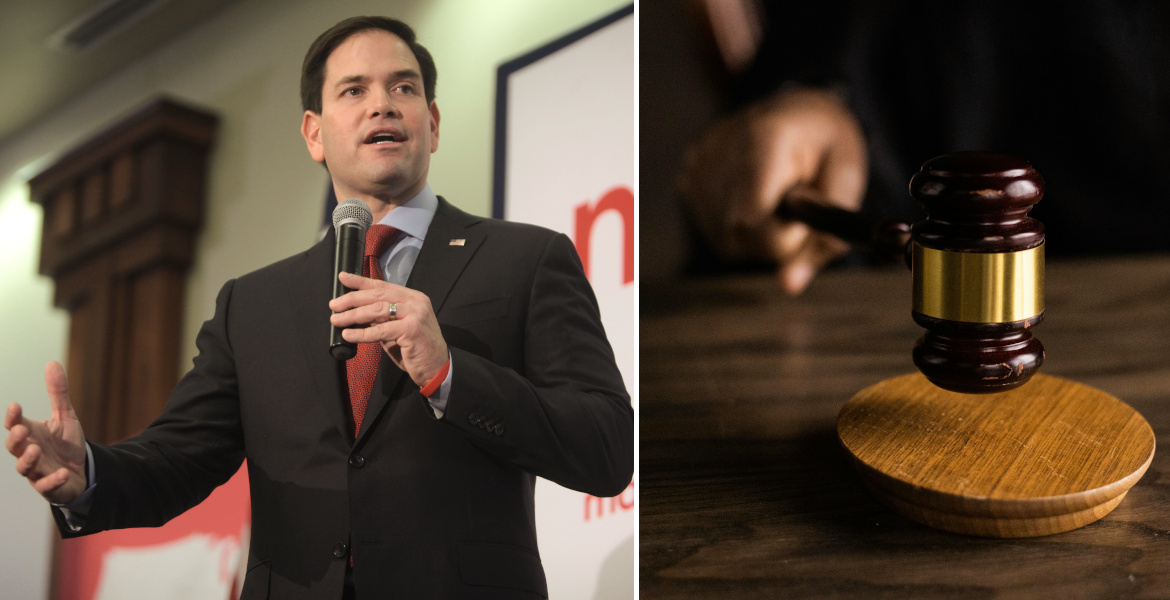A new Italian app will reward users with points for “good behavior,” such as being diligent in recycling or using public transport. Although there are no penalties in the app, it still demonstrates clear similarities with China’s social credit system.
In Bologna, Italy, a new social media app was presented at the end of March. It is called the Smart Citizen Wallet, and its users can earn points when they do something that the app considers to be “good behavior.” The concept is described as being similar to a grocery store system where you can collect points, reports the Italian newspaper Corriere de Bologna. These points can be collected when you recycle, use public transport, or avoid fines, for example.
When you have collected enough points through your “decent behavior,” you can then spend them on discounts or cultural events, among other things. The app’s creators believe that many will use it, but emphasize that it is completely voluntary.
“Of course, no one will be forced to participate,” says Massimo Bugani, Director of the city’s digital agenda.
The app is nevertheless very similar to the social credit system that exists in China, where people are rewarded for good behavior and punished for “bad” behavior. The Chinese system likewise uses points, and those with a higher number of points can, for example, find it easier to obtain housing loans or free health checks. Those with the a low number points might for not be allowed to buy train tickets, however.
Examples of “bad” behaviors include spreading “fake news” and playing too many video games, writes Business Insider.
The Smart Citizen Wallet is being tested in Rome at the time of writing, but is expected to hit the market this autumn.









